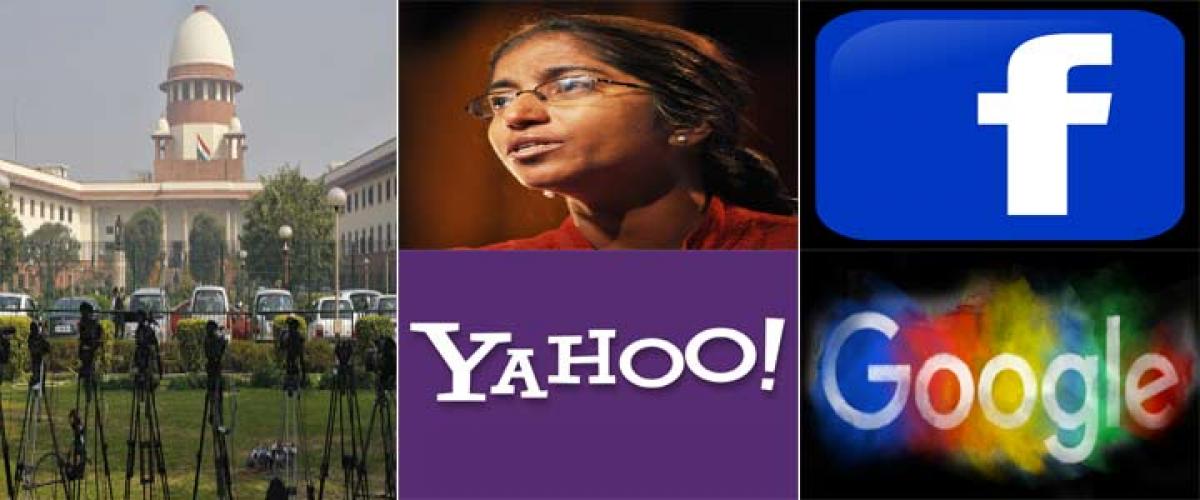Live
- Student Survives a Near-Fatal Accident at Pallavi Model School
- Prisoner in Sangareddy Central Jail Suffers Heart Attack
- Targeting gut cells may open new way to reduce depression & anxiety
- ‘Daaku Maharaaj’ to kickstart musical promotions
- ‘Game Changer’ team teases with a new promo
- Nara Lokesh emphasises overhaul of govt. schools and mid-day meal program
- Amid turmoil, air pollution peaks in Bangladesh as temperatures fall
- Google Trends unveils list of most searched ‘Indian Movies of 2024’
- BGT 2024-25: Hazlewood signals readiness for Brisbane Test after training with full run-up
- Google Presents Deep Research AI Tool for Comprehensive Web Reports









